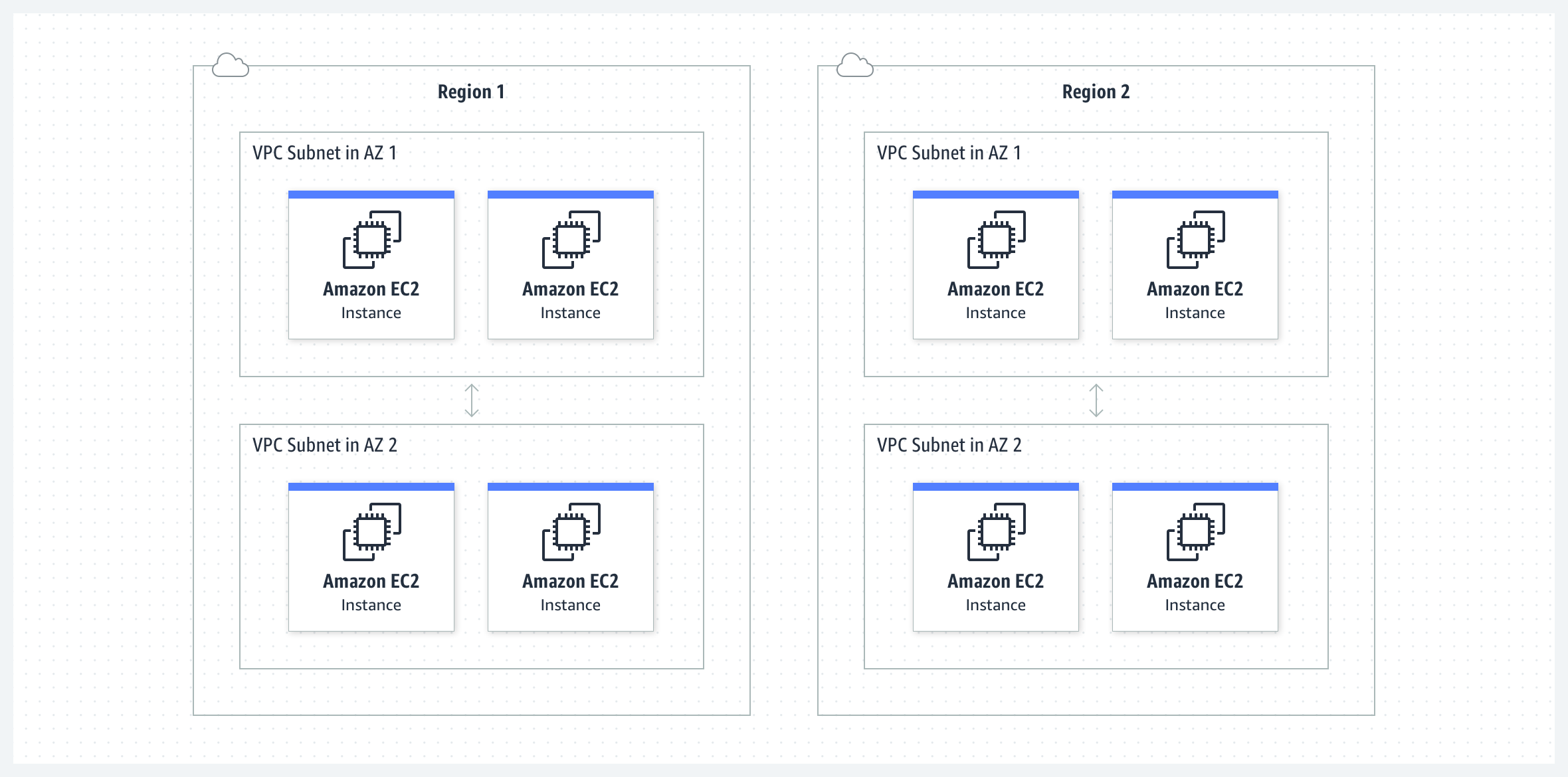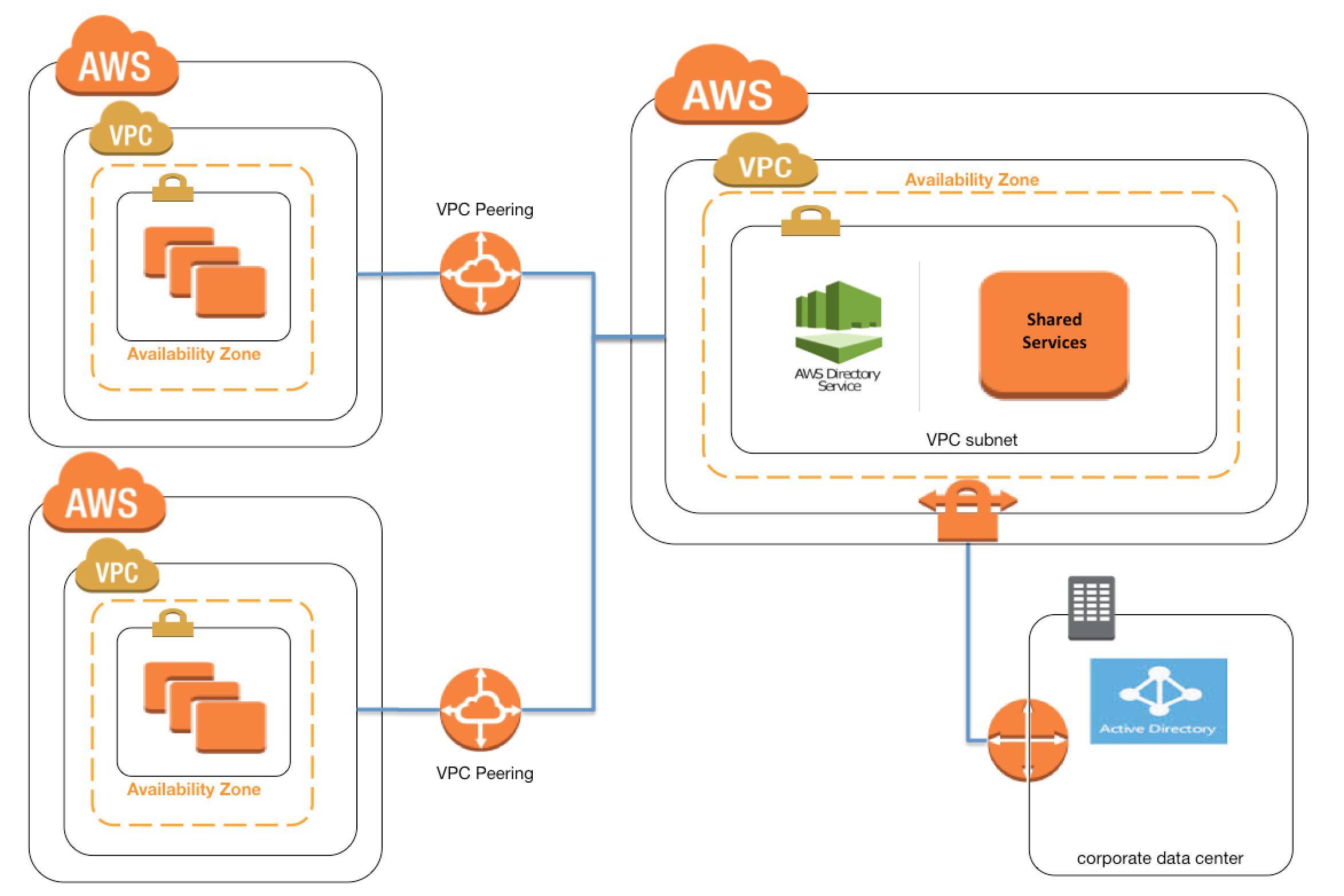Hey there, tech wizards and cloud computing enthusiasts! Let's dive straight into the world of remote IoT VPC network AWS. If you've been scratching your head about how to set up a secure and scalable IoT environment on AWS, you're in the right place. In this guide, we’ll break it down step by step, so even if you're new to AWS or IoT, you'll feel like a pro by the end of this article. Think of this as your ultimate cheat sheet for mastering the art of remote IoT networking on AWS.
Now, why is this important? As more devices join the Internet of Things (IoT), managing them securely and efficiently becomes a challenge. AWS offers a robust platform to tackle this issue, but setting it up can be tricky. That's where this guide comes in. We’ll help you navigate through the complexities and set up a VPC network that keeps your IoT devices connected and secure.
So, buckle up, grab your favorite drink, and let’s get started. Whether you're a seasoned IT professional or just starting out, this article will give you the tools and knowledge you need to succeed. Let’s make this journey together, shall we?
- Robin Stapler From In The House To Net Worth In 2024 Facts
- Ryan Lewis Net Worth 2024 Macklemores Partners Wealth Revealed
Table of Contents
- What is Remote IoT VPC Network on AWS?
- Benefits of Using AWS for Remote IoT VPC
- Setting Up a VPC for IoT on AWS
- Security Best Practices for IoT VPC
- Ensuring Scalability in Your IoT VPC
- Troubleshooting Common IoT VPC Issues
- Real-World Use Cases for Remote IoT VPC
- Cost Considerations for AWS IoT VPC
- AWS Tools and Services for IoT VPC
- Conclusion: Taking Your IoT VPC to the Next Level
What is Remote IoT VPC Network on AWS?
Alright, let’s start with the basics. A remote IoT VPC network AWS refers to a virtual private cloud (VPC) environment specifically designed for managing IoT devices remotely. Think of it as your own little corner of the internet where all your IoT gadgets live, securely connected and communicating with each other.
In simple terms, a VPC is like a virtual data center in the cloud. When you set it up for IoT, you’re creating a secure space where your devices can interact without exposing them to the broader internet. AWS makes this process easier by providing tools and services that help you manage everything from device registration to data processing.
Why Choose AWS for Your IoT VPC?
Here’s the deal—AWS isn’t just any cloud provider; it’s the powerhouse of cloud computing. With features like AWS IoT Core, Lambda functions, and S3 storage, AWS offers everything you need to build a robust IoT ecosystem. Plus, their global infrastructure ensures low latency and high availability, which is crucial for real-time IoT applications.
- Martellus Bennett Nfl Career Stats Retirement News
- Explore The Isley Brothers Vinyl Greatest Hits More Music
Some key reasons why AWS is the go-to choice for IoT VPC networks include:
- Scalability: Easily scale your IoT network as your business grows.
- Security: Advanced security features to protect your devices and data.
- Integration: Seamless integration with other AWS services.
Benefits of Using AWS for Remote IoT VPC
Let’s talk benefits, because who doesn’t love a good return on investment? Using AWS for your remote IoT VPC network comes with a bunch of advantages that make it a no-brainer for most businesses. Here’s a quick rundown:
1. Enhanced Security
AWS offers top-notch security features that keep your IoT devices and data safe. From encryption to access controls, AWS ensures that only authorized users and devices can access your VPC network.
2. Cost Efficiency
With AWS, you pay only for what you use. This pay-as-you-go model is perfect for businesses of all sizes, especially startups that are still figuring things out. No more wasting money on unused resources.
3. Global Reach
AWS has data centers all over the world, which means you can deploy your IoT network wherever you need it. This global reach ensures low latency and high performance, no matter where your devices are located.
Setting Up a VPC for IoT on AWS
Ready to roll up your sleeves and get started? Setting up a VPC for IoT on AWS is easier than you think. Here’s a step-by-step guide to help you through the process:
Step 1: Create a New VPC
Log in to your AWS Management Console and head over to the VPC dashboard. Click on “Create VPC” and fill in the necessary details, such as the CIDR block and VPC name. Keep it simple and straightforward.
Step 2: Configure Subnets
Subnets are like smaller networks within your VPC. You’ll want to create public and private subnets to ensure that sensitive data stays secure. Public subnets can be accessed from the internet, while private subnets remain isolated.
Step 3: Set Up Security Groups
Security groups act as virtual firewalls for your instances. Define rules that specify which traffic is allowed in and out of your VPC. This is where you can get really granular and control access down to the IP address level.
Security Best Practices for IoT VPC
Security is a big deal when it comes to IoT, and for good reason. Here are some best practices to keep your remote IoT VPC network AWS secure:
- Use strong encryption for all data transmissions.
- Regularly update device firmware and software.
- Implement multi-factor authentication for access control.
- Monitor network activity for suspicious behavior.
Remember, security isn’t a one-time thing. It’s an ongoing process that requires vigilance and proactive measures. Stay ahead of the curve by keeping your systems up to date and educated on the latest threats.
Ensuring Scalability in Your IoT VPC
As your business grows, so will your IoT network. That’s why scalability is such an important consideration when setting up your VPC. AWS makes it easy to scale your resources up or down based on demand.
Tips for Scaling Your IoT VPC:
- Use auto-scaling groups to automatically adjust the number of instances based on traffic.
- Utilize AWS Elastic Load Balancer to distribute traffic evenly across instances.
- Monitor resource usage with AWS CloudWatch to identify bottlenecks and optimize performance.
By planning for scalability from the beginning, you’ll be able to handle growth without breaking a sweat.
Troubleshooting Common IoT VPC Issues
Even the best-laid plans can go awry sometimes. Here are some common issues you might encounter when managing your remote IoT VPC network AWS, along with solutions to fix them:
Issue 1: Connectivity Problems
Solution: Check your security groups and network ACLs to ensure that the necessary ports are open. Also, verify that your devices are properly configured to connect to the VPC.
Issue 2: Performance Bottlenecks
Solution: Use AWS CloudWatch to monitor resource usage and identify any bottlenecks. Consider upgrading your instances or adding more capacity to improve performance.
Real-World Use Cases for Remote IoT VPC
Talking about IoT is one thing, but seeing it in action is another. Here are a few real-world use cases that demonstrate the power of remote IoT VPC network AWS:
1. Smart Home Automation
From controlling your thermostat to monitoring your security cameras, IoT devices are transforming the way we live. With AWS, you can create a secure and scalable VPC network to manage all your smart home devices.
2. Industrial IoT
In manufacturing, IoT devices are used to monitor equipment and optimize production processes. AWS provides the infrastructure needed to handle large-scale IoT deployments in industrial settings.
Cost Considerations for AWS IoT VPC
Cost is always a factor, and AWS offers a variety of pricing models to fit different budgets. Here’s what you need to consider when calculating the cost of your remote IoT VPC network AWS:
- Instance types and sizes
- Data transfer costs
- Storage costs
- Additional services like Lambda functions or S3 storage
Use the AWS Pricing Calculator to estimate your costs before you start. This will help you budget accordingly and avoid any nasty surprises down the road.
AWS Tools and Services for IoT VPC
AWS offers a wide range of tools and services to help you manage your IoT VPC network. Here are a few worth checking out:
AWS IoT Core
This is the heart of AWS’s IoT offering. It allows you to connect, manage, and secure billions of devices at scale. With features like device shadows and rules engine, AWS IoT Core makes it easy to build and deploy IoT applications.
AWS Lambda
Serverless computing at its finest. AWS Lambda lets you run code in response to events without provisioning or managing servers. Perfect for automating tasks in your IoT VPC network.
Conclusion: Taking Your IoT VPC to the Next Level
And there you have it, folks—a comprehensive guide to mastering remote IoT VPC network AWS. Whether you’re a seasoned IT pro or just starting out, AWS offers the tools and resources you need to succeed in the world of IoT.
So, what’s next? Take what you’ve learned and start building your own IoT VPC network. Experiment with different configurations and services to find what works best for your needs. And don’t forget to share your experiences and insights with the community. Together, we can push the boundaries of what’s possible with IoT and AWS.
Got questions or comments? Drop them below, and let’s keep the conversation going. Happy building, and see you on the cloud!



Detail Author:
- Name : Norene Jacobs
- Username : schmeler.norene
- Email : zackery.will@hotmail.com
- Birthdate : 1972-10-11
- Address : 822 Lowell Squares Apt. 933 Adamston, ME 77550
- Phone : +1-620-897-7659
- Company : Cremin Ltd
- Job : Materials Inspector
- Bio : Labore veritatis temporibus eos quia rerum possimus. Voluptatem officia vero similique cupiditate itaque et pariatur. Eum vel repellendus optio accusantium esse sequi laboriosam ad.
Socials
instagram:
- url : https://instagram.com/antwan.osinski
- username : antwan.osinski
- bio : Culpa doloribus sint quidem aut. Nihil dolore velit ut neque sunt reprehenderit.
- followers : 1015
- following : 1214
facebook:
- url : https://facebook.com/antwan.osinski
- username : antwan.osinski
- bio : Similique et sunt aliquam. Numquam corrupti fugit velit recusandae.
- followers : 5185
- following : 2584
tiktok:
- url : https://tiktok.com/@osinski1981
- username : osinski1981
- bio : Autem placeat debitis doloribus tenetur voluptatem. Quia et cum enim quos qui.
- followers : 4667
- following : 1682
twitter:
- url : https://twitter.com/antwan.osinski
- username : antwan.osinski
- bio : Maxime minus est illo consequatur. Expedita reiciendis molestiae officiis et impedit rerum. Sit qui quasi temporibus sunt. Aut ut eligendi ut vel porro.
- followers : 693
- following : 1321
linkedin:
- url : https://linkedin.com/in/aosinski
- username : aosinski
- bio : Qui fugiat ipsum quia.
- followers : 726
- following : 1645